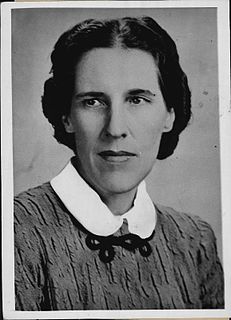A Quote by Mohsin Hamid
In a world of intrusive technology, we must engage in a kind of struggle if we wish to sustain moments of solitude. E-reading opens the door to distraction. It invites connectivity and clicking and purchasing. The closed network of a printed book, on the other hand, seems to offer greater serenity. It harks back to a pre-jacked-in age. Cloth, paper, ink: For these read helmet, cuirass, shield. They afford a degree of protection and make possible a less intermediated, less fractured experience. They guard our aloneness. That is why I love them, and why I read printed books still.
Quote Topics
Afford
Age
Back
Book
Books
Clicking
Closed
Cloth
Degree
Distraction
Door
Engage
Experience
Fractured
Greater
Guard
Hand
Helmet
Ink
Intrusive
Invites
Kind
Less
Love
Make
Moments
Must
Network
Offer
Opens
Other
Our
Paper
Possible
Printed
Printed Books
Protection
Purchasing
Read
Reading
Seems
Serenity
Shield
Solitude
Still
Struggle
Sustain
Technology
Them
Why
Wish
World
Related Quotes
A book is not necessarily made of paper. A book is not necessarily made to be read on a Kindle. A book is a collection of text, organized in one of a variety of ways. You could say that words printed on paper and bound between cloth covers will someday be obsolete. But if and when that day comes, there will still be a thing called books.
I wonder, what's in a book while it's closed. Oh, I know it's full of letters printed on paper, but all the same, something must be happening, because as soon as I open it, there's a whole story with people I don't know yet and all kinds of adventures, deeds and battles. And sometimes there are storms at sea, or it takes you to strange cities and countries. All those things are somehow shut in a book. Of course you have to read it to find out. But it's already there, that's the funny thing. I just wish I knew how it could be.
The Library didn't only contain magical books, the ones which are chained to their shelves and are very dangerous. It also contained perfectly ordinary books, printed on commonplace paper in mundane ink. It would be a mistake to think that they weren't also dangerous, just because reading them didn't make fireworks go off in the sky. Reading them sometimes did the more dangeous trick of making fireworks go off in the privacy of the reader's brain.
Some day, as soon as a book is printed it will be simultaneously put into digital form. That will be a wonderful research tool, but it will never substitute for holding the book. I feel certain that at least within my lifetime, everyone will still be going to the bookstore and buying printed books. Thank God I'll die before I have to worry about whether the printed book itself will disappear. That's something I don't want to live to see.
The good news (for writers) is that this means that ebooks on computers are more likely to be an enticement to buy the printed book (which is, after all, cheap, easily had, and easy to use) than a substitute for it. You can probably read just enough of the book off the screen to realize you want to be reading it on paper.







































